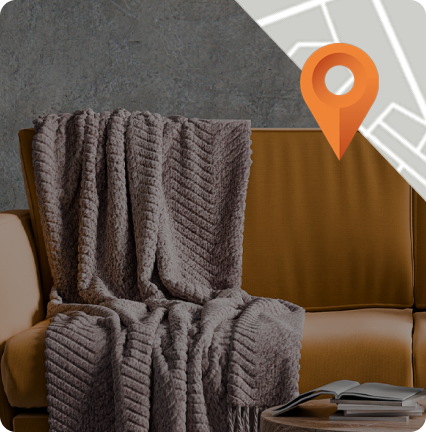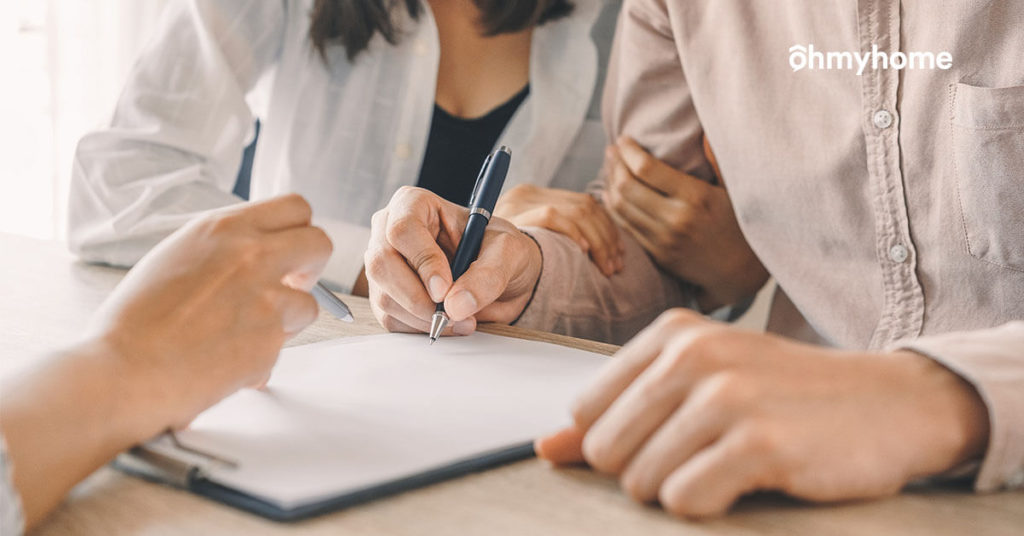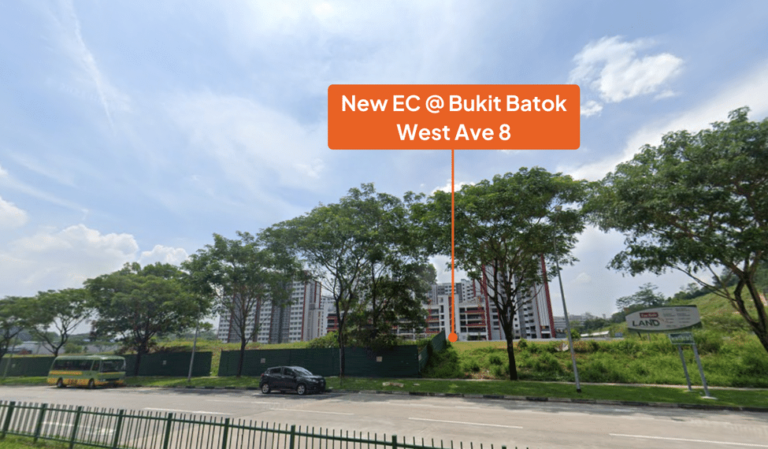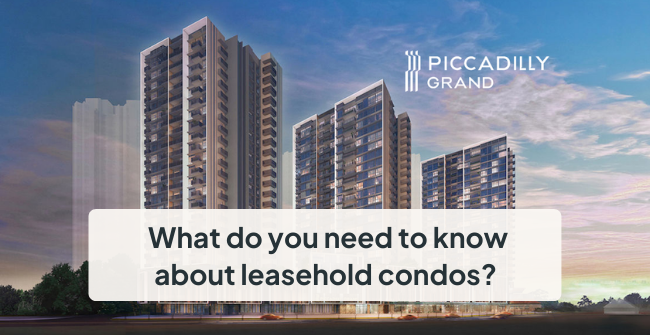Did you know that the process of selling or buying a property in Singapore takes an average of 3-4 months?
Sellers and buyers generally want to find a buyer or a new home quickly, but they also want to do so in as painless a way as possible. Yet the most anticipated lines – “Your home has been sold!” or “You have a new home!” – doesn’t really happen when the buyer submits the offer to purchase.
In this article, let us take you broadly through the all-important last step, legal conveyancing, to successfully complete the property selling or buying process.
Table Of Contents:
What is conveyancing?
Conveyancing refers to the legal process of transferring title in a property from one person to another. This stage, which takes an average of 12 weeks, is very important to get right as the purchase of a property is likely to be the most expensive purchase a person will make in his or her entire life.
To ensure that their interests are protected, sellers and buyers are advised to engage a lawyer for advice on how to proceed, assist with the necessary checks and liaise with other parties, including the Central Provident Fund (CPF), Singapore Land Authority (SLA), Housing Development Board (HDB) and the Inland Revenue Authority of Singapore (IRAS).
For buyers of a private property, the conveyancing process happens after your offer to purchase and cheque for the option fee have been accepted by the seller.
For HDB flat buyers, the board acts as the buyer’s legal representative if the buyer is not using a bank loan for the purchase. HDB defines its own costs and fees which can be calculated here.
If the buyer is using a bank loan to finance the flat purchase, a private law firm is required to represent the buyer for the conveyancing
Option to Purchase (OTP)
For private property buyers, the OTP usually needs to be exercised within 14 days from the date of issue. This period can be negotiated and so can be longer.
For HDB transactions, the procedures to enter into a contract using the OTP is here. Details on the costs and fees to buy a new or resale flat are also available.
Things to note when choosing a law firm
When you receive a quote from a law firm, be sure that it applies to the full transaction and includes items such as mortgage stamping, CPF fee, Law Society fee and GST.
You should also receive a clear timeline of the process with a list of deadlines up until completion.
Ohmyhome provides legal conveyancing service which starts at $1,800.
Lawyers’ Responsibilities
Contract signing
If the buyer decides to proceed with the transaction, he or she will need to exercise the OTP within the agreed period.
The OTP is a binding legal contract with the seller and gives the buyer exclusive rights to purchase at an agreed price. Once the OTP is exercised, the buyer has to give a cheque for 4% of the purchase price to his own lawyer.
The HDB requires a standard OTP document that is available on its website.
Do a title search
This it to find out:
1. If property is a freehold or leasehold, and total length of the lease and how many years remain on it;
2. If it has any encumbrance, such as an outstanding mortgage on the property, or protected by caveats, which is a legal document lodged with the SLA by a person with an interest in property (or land);
3. The names of the owners of the property;
4. The manner of ownership holding, that is if there are multiple owners of the same property, whether they own the property as joint tenants or tenants-in-common.
Joint tenants have equal interests in the flat regardless of the proportion of their contribution to the purchase of the property, while tenants-in-common own the property in proportion to their contributions towards its purchase.
Lodging a caveat on property and making payments
The buyer’s lawyer will then lodge a caveat on the property with the SLA. The caveat provides notice to third parties of the buyer’s interest in the property. It also enables both the seller and his or her lawyer to be notified of any subsequent dealings affecting the property.
The rest of the downpayment for the property, a minimum 4% of purchase price, will be due at this stage. The monies used to make this payment will be collected from the buyer by his or her lawyer and placed in a conveyancing account that is used to pay the seller. This account can be:
1. An account, called a conveyancing account (CVY), opened by the lawyer’s law firm to receive such monies;
2. The Singapore Academy of Law’s Conveyancing Money Service; or
3. An escrow account jointly owned by the buyer and seller’s lawyers.
The lawyer will also proceed to send out formal enquiries to the Public Utilities Board, the Land Transport Authority, IRAS and National Environment Agency, among others, to ensure that the property is not affected by the latest planning decisions by the government or any other outstanding issues that would affect the property’s title from being transferred successfully.
Only when all requisitions have come back with no problems should the sale proceed to completion.
Taking possession and transfer of title
When the property is ready to be transferred, the seller will give vacant possession – a state that’s fit for occupation – to the buyer.
Once everything is in order, the seller will hand over the keys of the property to the buyer in exchange for the remaining 95% of the agreed price. The 4% deposit will also be released by the intermediary to the sellers.
The seller’s lawyer will also hand over the transfer documents to the buyer’s lawyer to allow the latter to apply for the Certificate of Title with the SLA.
This completes the entire transaction.
Looking for an HDB or private property?
Here’s how you can speed up your home search
Let Ohmyhome’s smart data-matching technology MATCH you with the right home, according to your specific needs. Submit your preferences to us and our algorithm will filter all our available listings based on those, and we’ll WhatsApp them to you once we find a match. We’ll also send you relevant content that you can use for your research and inform your home-buying decision, so you no longer have to spend hours searching online for the information that you need.
You can also call us at 6886 9009 to secure an appointment with any of our Super Agents or message us in the chatbox at the bottom, right-hand corner of the screen. You can also WhatsApp us at 9727 5270!



































































